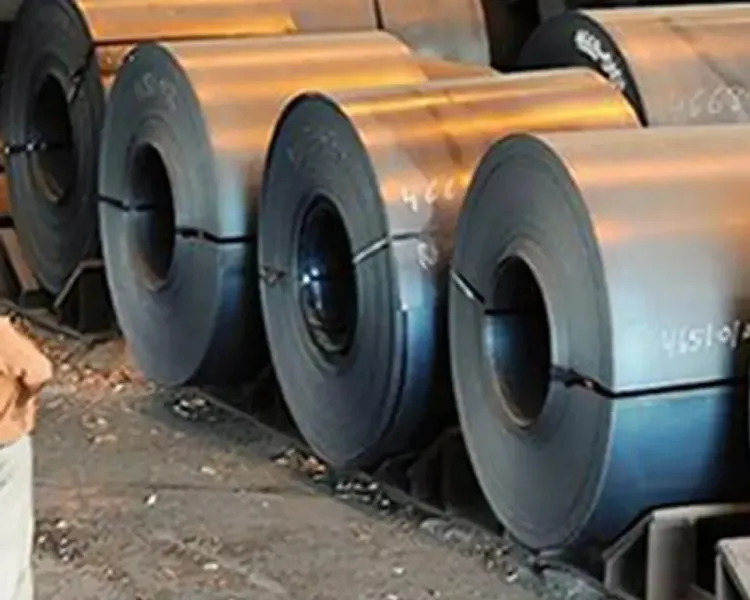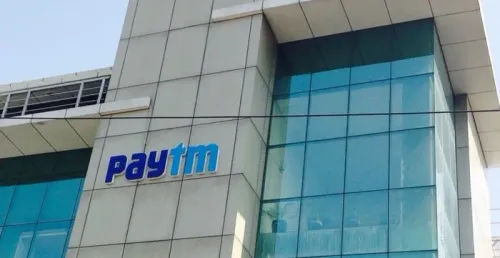Is South Korea's Steel Industry Ready for the US Tariff Hike?

Synopsis
Key Takeaways
- Emergency meeting held by South Korean government with local steelmakers.
- U.S. to double steel tariffs to 50%.
- May steel exports from South Korea dropped 12.4%.
- Hyundai Steel plans a $5.8 billion investment in the U.S.
- Collaboration between government and private sector is essential.
Seoul, June 2 (NationPress) The South Korean government convened an emergency meeting with key domestic steel manufacturers on Monday to evaluate the repercussions of the United States' decision to increase its tariffs on all steel imports to 50 percent later this week, as stated by the industry ministry.
This meeting, organized by the Ministry of Trade, Industry and Energy, saw participation from representatives of POSCO Group, Hyundai Steel Co., and other prominent steel firms operating in the region, according to ministry officials.
The urgency of Monday's meeting was underscored after U.S. President Donald Trump announced last week his intention to double tariffs on foreign steel imports to 50 percent effective Wednesday (U.S. time), as reported by the Yonhap news agency.
Officials from the steel sector urged the government to promptly disseminate information regarding the U.S. tariff measures and enhance collaboration with the private sector to effectively address these challenges.
Additionally, the ministry affirmed its commitment to mitigating the adverse effects of the U.S. tariffs on the local steel industry through ongoing trade negotiations with Washington.
In May, South Korea's steel exports fell by 12.4 percent year-on-year to $2.6 billion, with shipments to the U.S. experiencing a significant decline of 20.6 percent.
In response to the looming threat of Trump's tariffs, Korean steelmakers have been strategizing to alleviate the impacts, with some companies planning to ramp up production in the U.S.
Hyundai Steel is set to invest $5.8 billion in establishing an electric arc furnace-based steel mill in Louisiana by 2029, marking its inaugural overseas production facility, as per company officials.
Last week, President Trump reiterated his plans to escalate tariffs on foreign steel imports to 50 percent, casting uncertainty over steel manufacturers globally.
He shared on social media that the enhanced tariff rate would commence on June 4, stating, "It is my great honour to raise the Tariffs on steel and aluminum from 25 percent to 50 percent, effective Wednesday, June 4th. Our steel and aluminum industries are coming back like never before. This will be yet another BIG jolt of great news for our wonderful steel and aluminum workers. MAKE AMERICA GREAT AGAIN!" Trump posted on his Truth Social platform.









